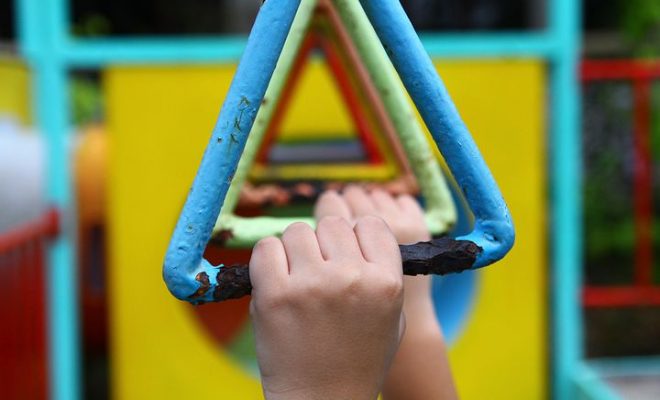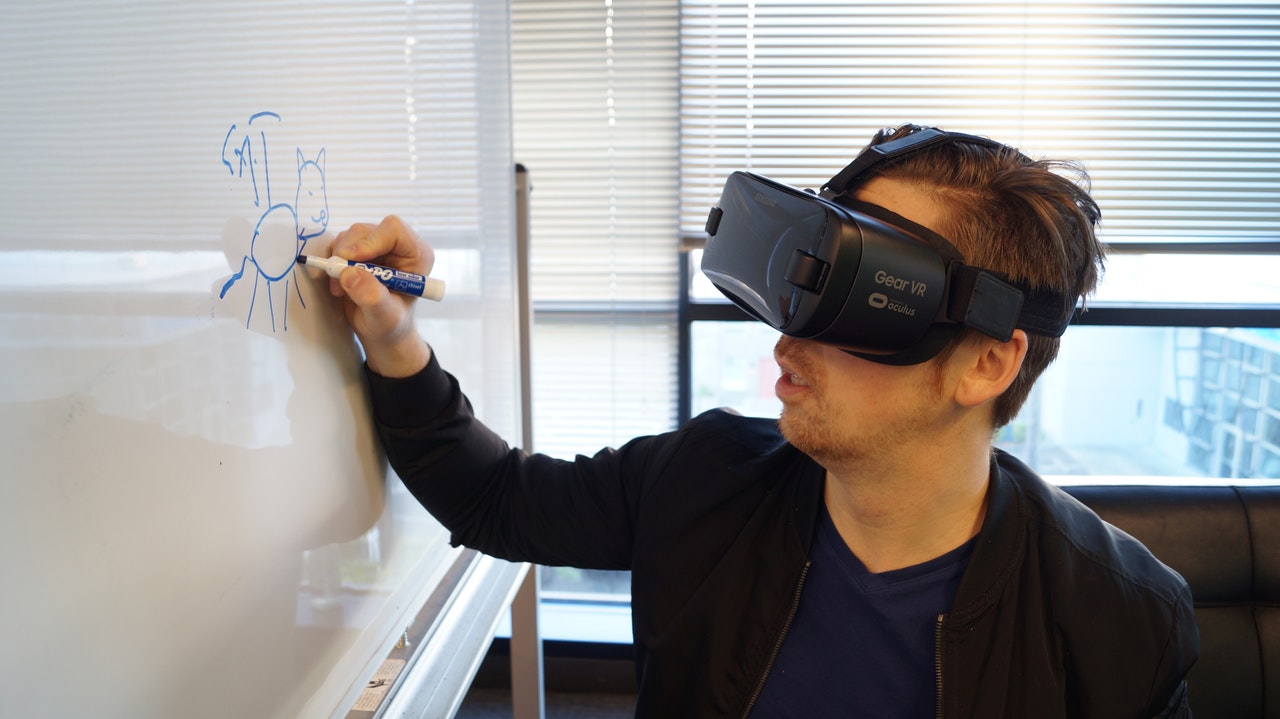What Kids Lose When We Take Away Recess

Recess was a primary feature of elementary school, and kids often looked forward to blowing off some steam. However, the modern curriculum is slowly chipping at recess time. There is an unprecedented push for added classroom time to cover subjects like math and science. These efforts, therefore, mean that recess will quickly become a thing of the past.
Even as children are accorded more study time for technical subjects, there are potential drawbacks to a lack of recess. For instance, the resulting sedentary lifestyle affects a student’s attention span and ability to grasp difficult concepts.
The Downsides of Reduced Recess Time
- When schools take away recess time, there are several drawbacks, especially on the children’s ability to learn. Firstly, kids can exercise their social skills during recess. Moreover, collaborative skills are essential in STEM fields.
- Secondly, kids need some time off from the classroom to keep their creative juices flowing. The outdoors gives children an opportunity to try out new things while playing, fail and retry with some success. Recess offers a safe space for kids to get active and take advantage of unstructured learning.
- Physical fitness is arguably the primary reason for recess. Therefore, kids who are constantly in class are likely to prefer a sedentary lifestyle as they grow older. These children will likely suffer from various preventable conditions like obesity and multiple cardiac complications.
- Recess allows students to break from the monotony of classroom work. This way, they will be able to maintain optimum attention levels whenever they resume their lessons. Normally, adults can perform deep work with intermittent breaks that prevent them from burning out. Similarly, young students need these gaps to maintain their learning capacity.
- Recess allows children to get in touch with nature and cultivate a deep relationship with the environment. Today, climate change is a constant topic in global forums, and with good reason. Young students will make up the next human generation and are more likely to experience the adverse effects of climate change. Therefore, recess sessions allow them to connect and learn how to care for the environment and become conscious about climate change.
Recess Offers an Essential Avenue Place For Play
In a classroom, students are mainly seated and listening to their teacher. However, during recess, they engage all their senses for physical games, social activities, and exploration. Simply put, recess allows children to be all-rounded students capable of further academic success. Additionally, play is a natural remedy for mental fatigue and stress.
It is no wonder, then, that recess is an important aspect of the modern school system. Some researchers even link recess with academic success. Therefore, schools and students could greatly benefit from added recess time.



